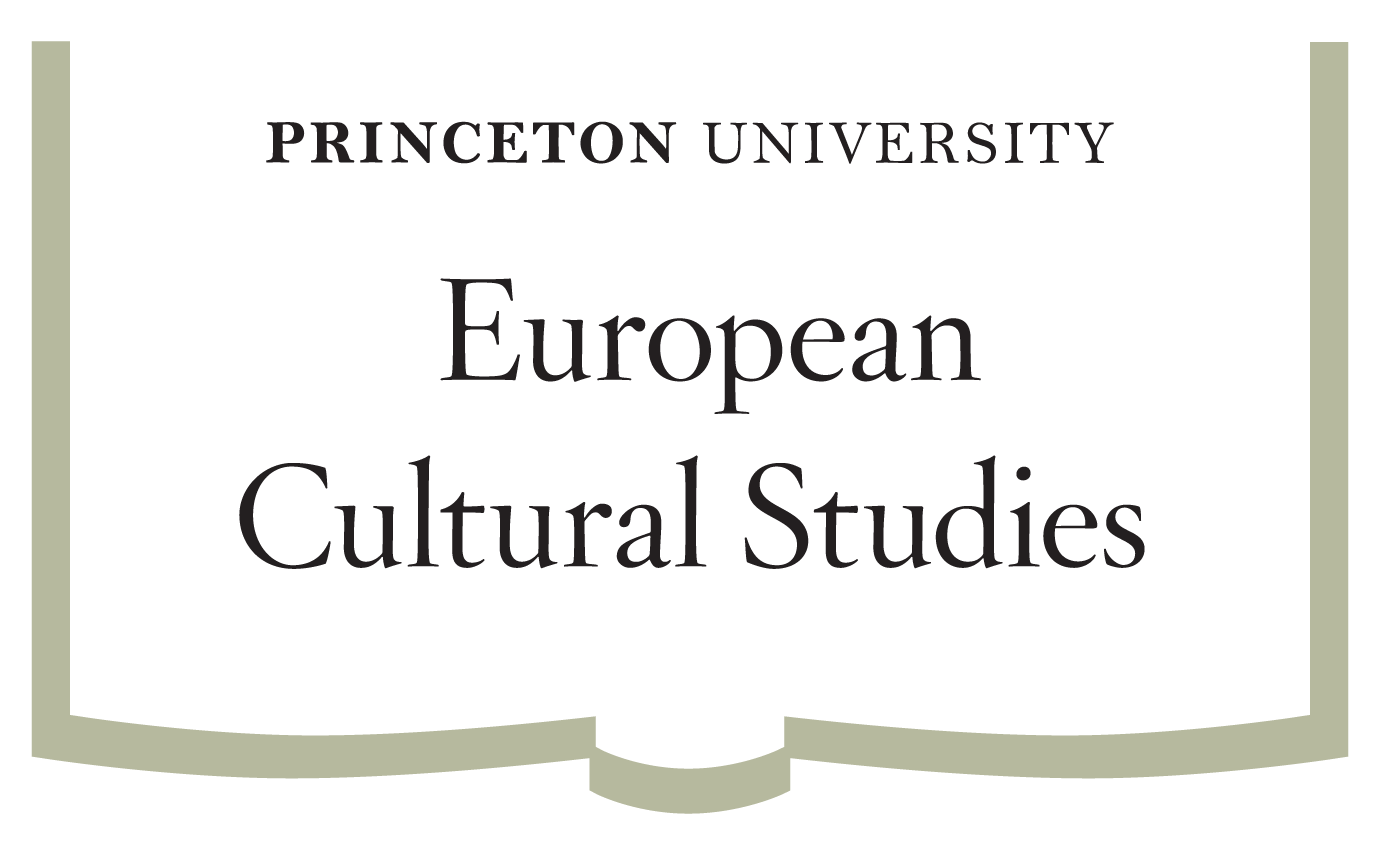
African Philosophers in Europe and the Question of Slavery, 1700-1750
Department of Philosophy Justin E. H. Smith
October 2, 2018 · 8:00 pm—10:00 pm ·
Anton Wilhelm Amo (c. 1703 c. 1753) either wrote or defended a law dissertation On the Right of Moors in Europe at the University of Halle in 1729. No trace of a written work exists, other than a brief summary in a contemporaneous journal. It seems that Amo argued, from the fact that Germany adheres to Roman law, with continuity from antiquity, and from the fact that ancient emperors recognised the sovereignty of African kings, any African in Germany not taken as a slave in war may not be held to have the legal status of a slave. This is all we can say about the 1729 work. In 1742, a fellow Ghanaian in Amsterdam, Jacobus Capitein, published his treatise On Slavery, Not Contrary to Christian Liberty, arguing that Christian baptism is not a sufficient ground for the manumission of slaves. This work has often been taken as a ‘pro-slavery’ argument, whereas in fact its aim is rather more limited, and targets opponents who would seek to prevent slaves from being baptised on the grounds that this would in itself require the end of slavery. In the background to Capitein’s work is a deep knowledge of ancient jurisprudence regarding the status of slaves, and of more recent institutions of slavery in the Ottoman, Caucasian, and Slavic worlds. In this there are significant echoes of G. W. Leibniz’s 1702 work, De la notion commune de la justice, which takes Ottoman slavery as the paradigm form of the institution and accordingly sees it as permitting, according to circumstance, a wide degree of freedom for those subject to it, if not however the sort of freedom associated with republican citizenship. In this talk I would like to show some of the important points in common between Leibniz’s and Capitein’s respective works, and then, on the basis of these, move on to speculate about what Amo’s ‘lost treatise’ on slavery might have said.
Co-sponsored with the Program in European Cultural Studies












